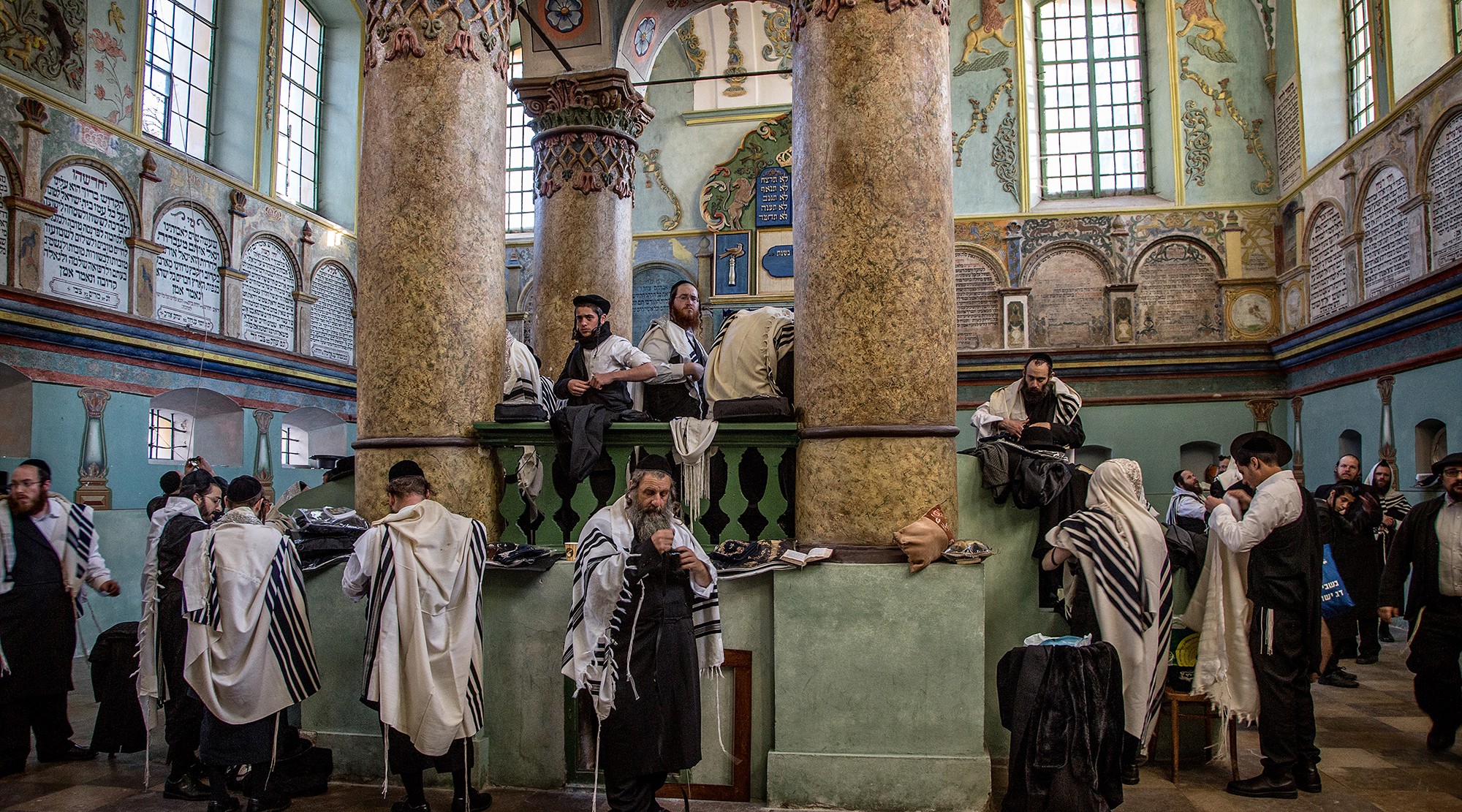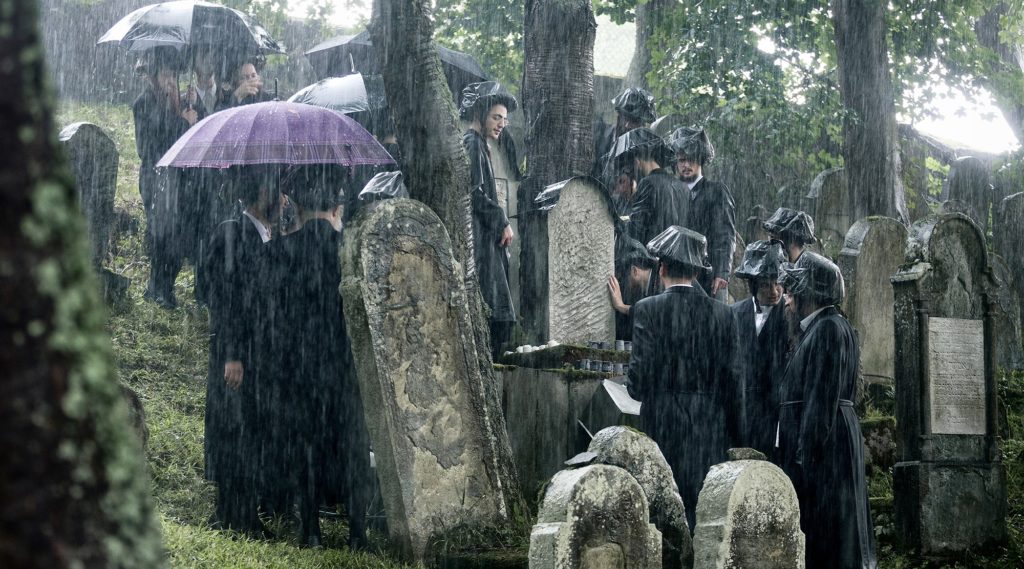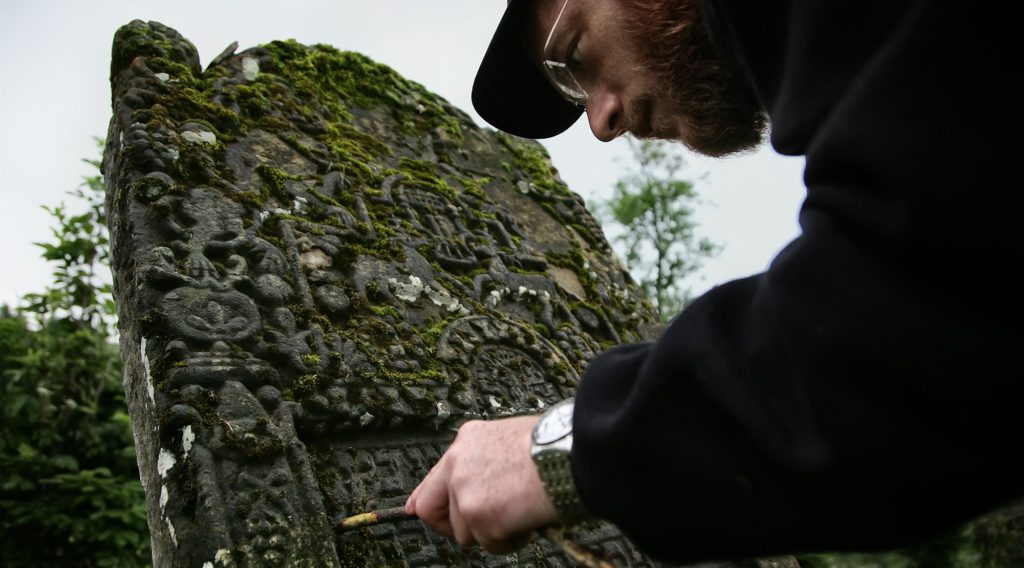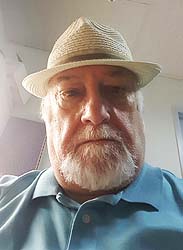 Napad na ambasadora Magierowskiego. Sprawca przeprasza
Napad na ambasadora Magierowskiego. Sprawca przeprasza
Paweł Wroński
 Marek Magierowski (Fot. Adam Stępień / Agencja Gazeta)
Marek Magierowski (Fot. Adam Stępień / Agencja Gazeta)
Marek Magierowski, polski ambasador w Izraelu, został zaatakowany przed gmachem ambasady w Tel Awiwie. Izraelskie media łączą incydent z ostatnimi napięciami dyplomatycznymi na linii Polska-Izrael. Premier Mateusz Morawiecki potępił “rasistowski i ksenofobiczny” atak. Dziś sprawca przeprosił za swój czyn.
Do ataku doszło we wtorek. Dziś poinformowały o nim izraelskie media. Miał on mieć charakter „werbalny i fizyczny”, nieoficjalnie wiadomo, że napastnik zaatakował ambasadora, gdy ten siedział w samochodzie – opluł go i zaatakował słownie. Sam ambasador zrozumiał głównie słowa „Polska” i „polski”.
Magierowski sfotografował napastnika i jego samochód. 65-letniego sprawcę policja ujęła po 1,5 godziny. Ambasadorowi nic się nie stało.
Rzecznik izraelskiego MSZ Emmanuel Nahshon bezpośrednio po zdarzeniu napisał na Twitterze: „Izrael wyraża współczucie wobec polskiego ambasadora. Jesteśmy zszokowani atakiem”. Zapowiedział, że polski MSZ będzie informowany na bieżąco o wynikach śledztwa.
Sprawcą okazał się 65-letni Arik Lederman, który twierdzi, że spotkał się z “lekceważącą postawą” ochroniarza, który nie chciał go wpuścić na teren polskiej placówki. Dodatkowo ochroniarz miał go nazwać “żydkiem”. Gdy Lederman wracał po nieudanej próbie wejścia do polskiej ambasady, miał go zdenerwować trąbiący samochód. – Nie znałem tożsamości pasażera pojazdu, nie wiedziałem o jego pracy i na pewno nie wiedziałem, że w samochodzie jest ambasador Polski w Izraelu – powiedział Lederman.
– Chciałbym przeprosić za wczorajsze wydarzenie. Moja rodzina doświadczyła Holocaustu w Polsce. Zaapelowałem do ambasady o zwrot mienia – powiedział.
MSZ odmówił przyjęcia izraelskiej delegacji
“Jerusalem Post” połączyło atak z ostatnimi napięciami na linii Jerozolima–Warszawa. We wtorek polski MSZ odmówił przyjęcia delegacji izraelskiej na czele z Avi Cohenem-Scalą, dyrektorem generalnym Ministerstwa Równości Społecznej. – W związku z dokonaną w ostatniej chwili przez stronę izraelską zmianą składu delegacji, która mogła sugerować, że rozmowy miałyby koncentrować się na kwestiach restytucji mienia, strona polska podjęła decyzję o odwołaniu wizyty izraelskich urzędników” – napisał w komunikacie MSZ.
Ma to związek z amerykańską ustawę 447 (JUST act) dotyczącą zwrotu mienia ofiar Holocaustu. W 2018 r. podpisał ją prezydent Donald Trump i od tego czasu rząd Stanów Zjednoczonych ma dbać o zadośćuczynienie dla ofiar Holocaustu; sprawozdanie w tej sprawie ma być przedstawione w listopadzie. Według izraelskich mediów komentujących wizytę Polska ma być jedynym krajem, który nie rozwiązał tego problemu.
Napięcie między Polską a Izraelem jest kolejnym z serii zapoczątkowanej przyjętą w ubiegłym roku nowelizacją ustawy o IPN, która w Izraelu została odebrana jako akt prawny, który grozi sankcjami karnymi za dyskusję na temat współudziału Polaków w Holocauście. Rząd PiS pod naciskiem Stanów Zjednoczonych z ustawy się wycofał i zorganizował razem z USA na początku roku Konferencję Bliskowschodnią, ale niezręczne wypowiedzi premiera Beniamina Netanjahu w Warszawie oraz stwierdzenie p.o. izraelskiego szefa MSZ Israela Katza, że „Polacy wyssali antysemityzm z mlekiem matki”, dodatkowo zaogniły relacje.
Sejm nie zajmie się ustawą anty-447
Michał Dworczyk, szef kancelarii premiera, oświadczył, że Polska oczekuje ukarania sprawcy ataku na polskiego ambasadora w Izraelu. Premier Mateusz Morawiecki określił atak jako „rasistowski i ksenofobiczny”. Na Twitterze napisał, że „nie ma naszej zgody na jakiekolwiek akty ksenofobii, zarówno wobec dyplomatów, jak i innych obywateli”.
Równocześnie jednak Prawo i Sprawiedliwość, aby nie zaogniać sytuacji, zdjęło z porządku obrad Sejmu projekt ustawy przygotowanej przez posła Kukiz’15 Tomasza Rzymkowskiego (miała zablokować działanie ustawy 447). Poinformował o tym sam Rzymkowski, dodając, że „Polska leży plackiem przed przedsiębiorstwem Holocaust”.
Zawartość publikowanych artykułów i materiałów nie reprezentuje poglądów ani opinii Reunion’68,
ani też webmastera Blogu Reunion’68, chyba ze jest to wyraźnie zaznaczone.
Twoje uwagi, linki, własne artykuły lub wiadomości prześlij na adres:
webmaster@reunion68.com







